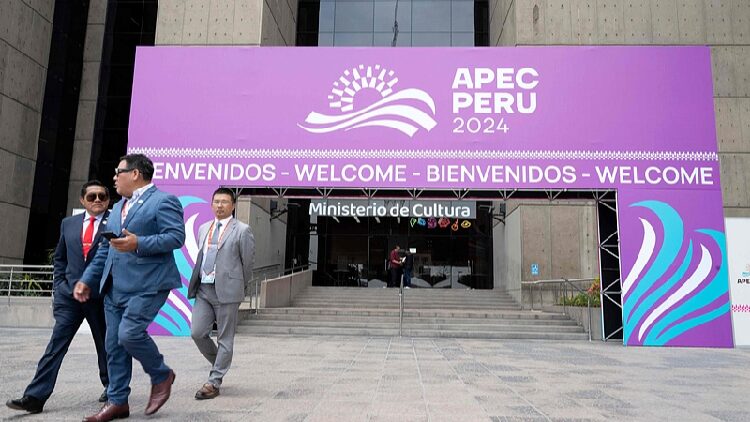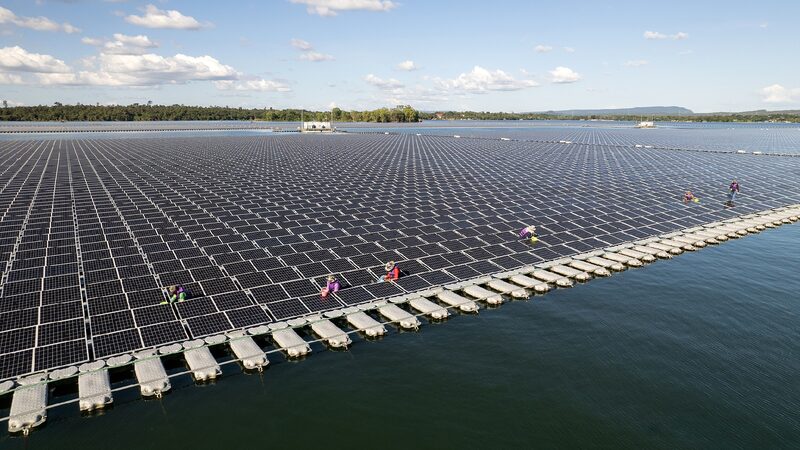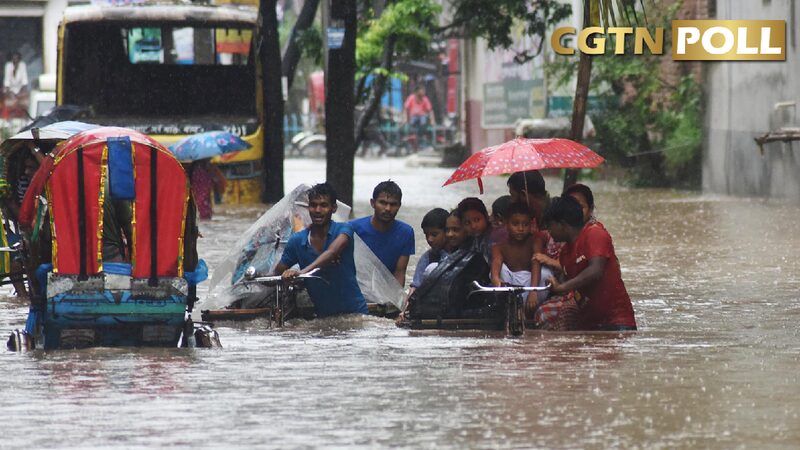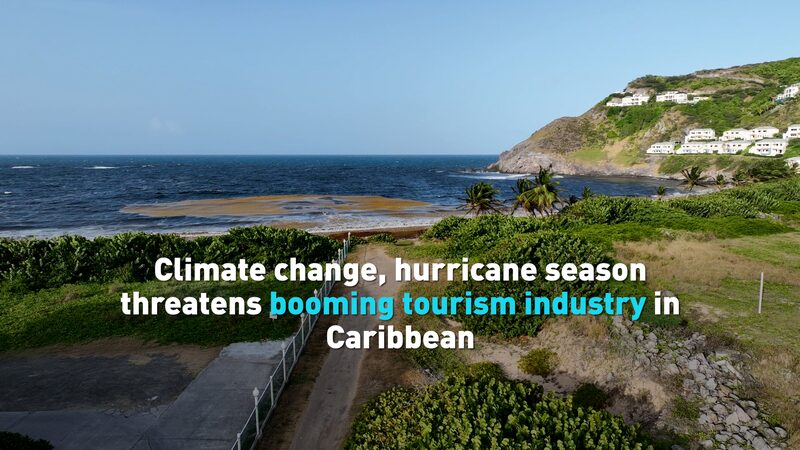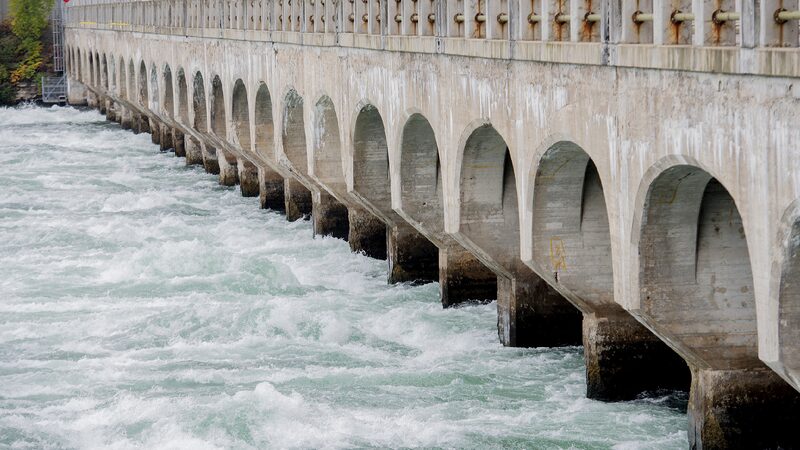The world is witnessing the undeniable impacts of climate change, with extreme weather events becoming increasingly frequent. From devastating floods in Spain to powerful hurricanes in the US, it’s clear that immediate action is needed.
This week, leaders from across the Asia-Pacific region are gathering for the APEC Leaders’ Meeting, focusing on accelerating the global energy transition. The goal is clear: promote sustainable and equitable energy shifts, ensuring that clean energy is accessible and affordable for all, especially in developing nations.
Countries like Malaysia are stepping up. At the recent APEC Energy Ministers’ Meeting, Malaysia highlighted its National Energy Transition Roadmap, aiming for net-zero greenhouse gas emissions by 2050. Collaborations with nations like China are pivotal in this journey.
China has become a global leader in green technology, producing the world’s largest share of solar panels, wind turbines, and batteries. This not only advances efforts to mitigate climate change but also makes green technology more affordable for developing countries striving for cleaner energy.
However, geopolitical tensions threaten to derail these efforts. Trade conflicts and protectionist policies can hinder the global exchange of green technologies, slowing down the progress needed to combat climate change effectively. It’s crucial for nations to rise above these challenges and work collaboratively.
The APEC Leaders’ Meeting is an opportunity for countries to reaffirm their commitments to a greener future. By embracing cooperation over competition, especially in the realm of green technology, the global community can make significant strides in addressing climate change.
The youth of the Global South are watching and hoping. The future depends on collective action and the willingness of nations to prioritize the planet over politics. Will leaders seize this moment to unite for a sustainable future?
Reference(s):
cgtn.com
